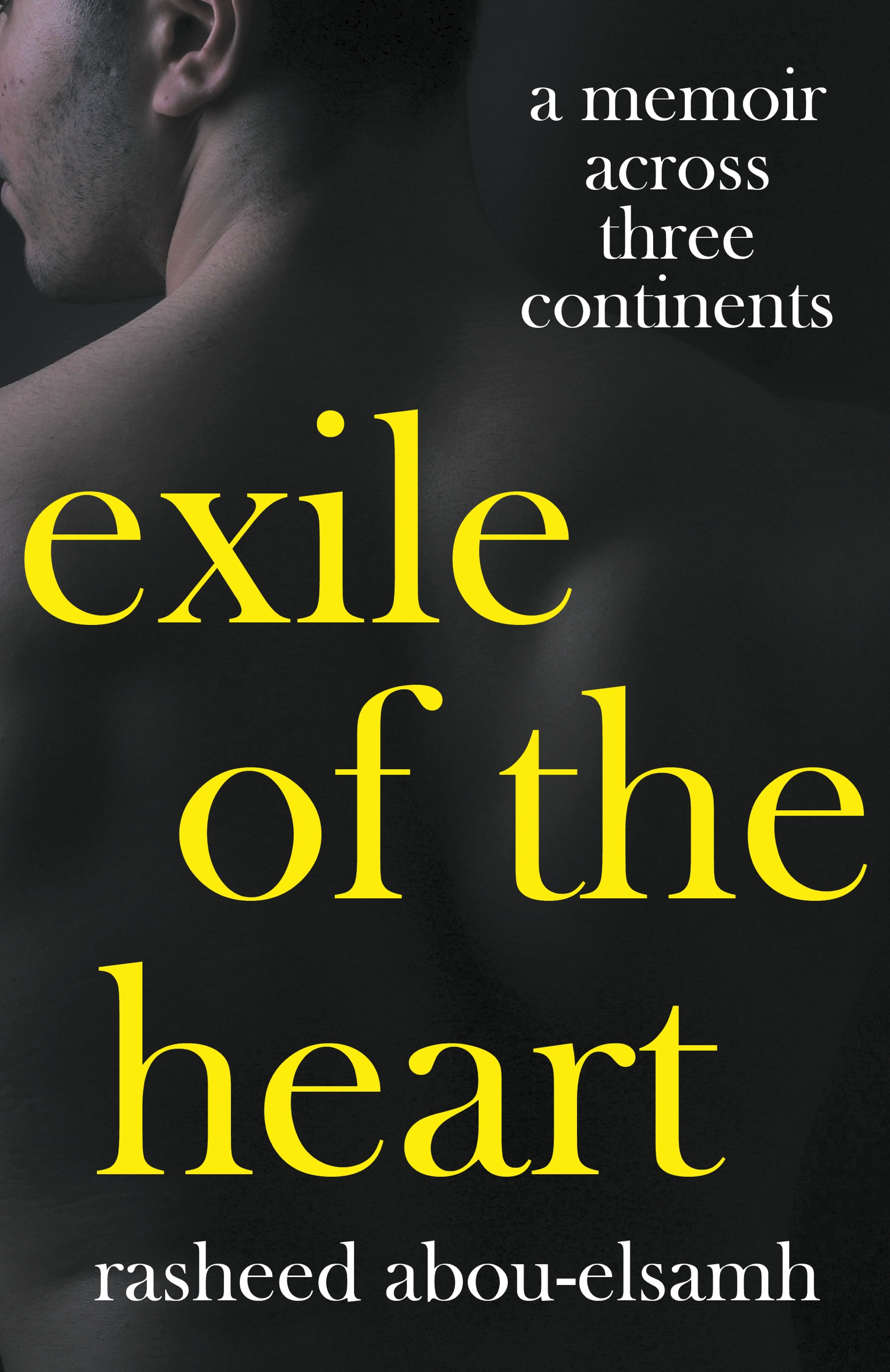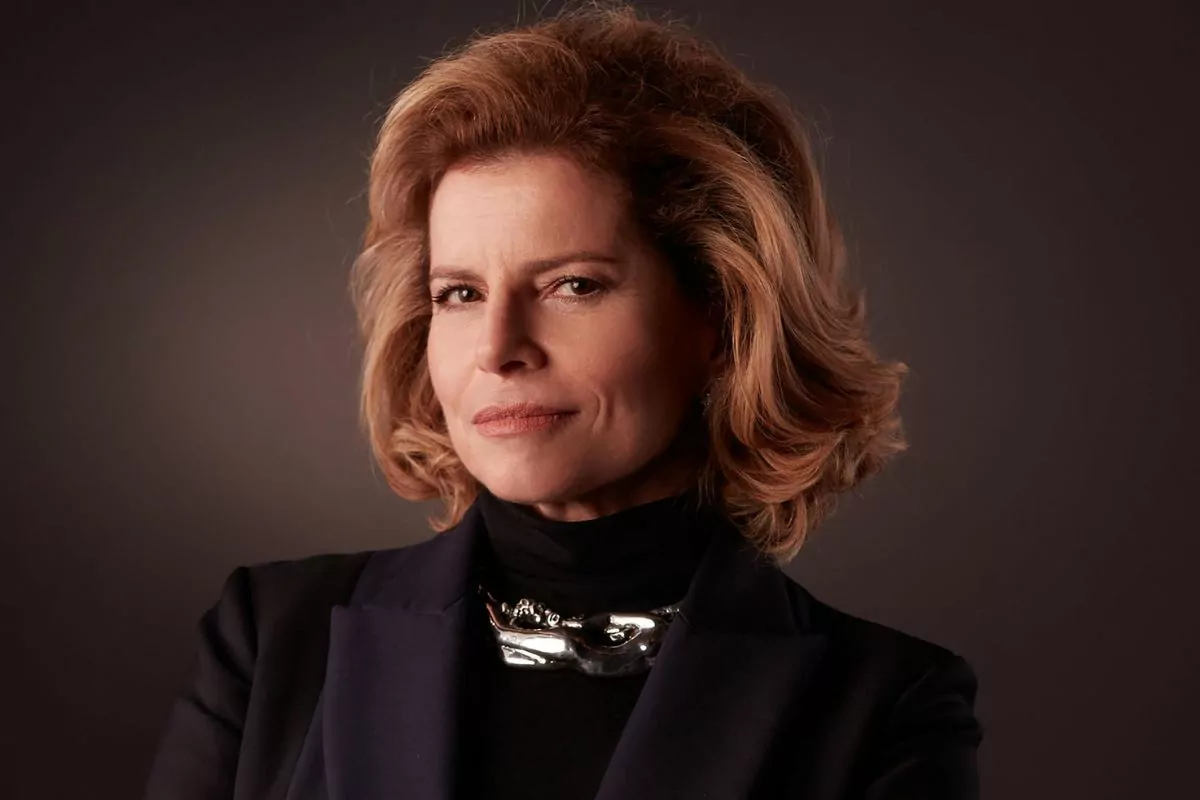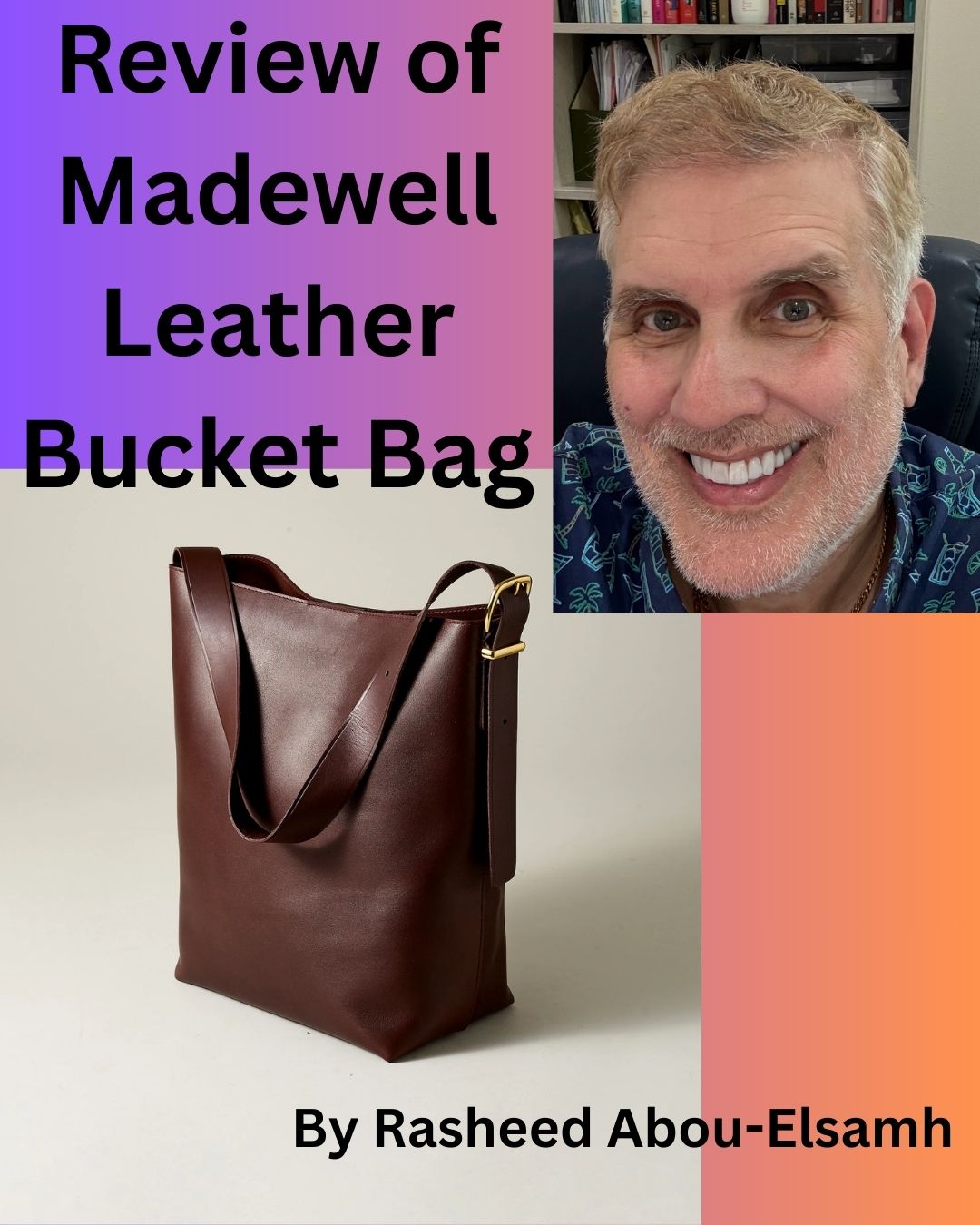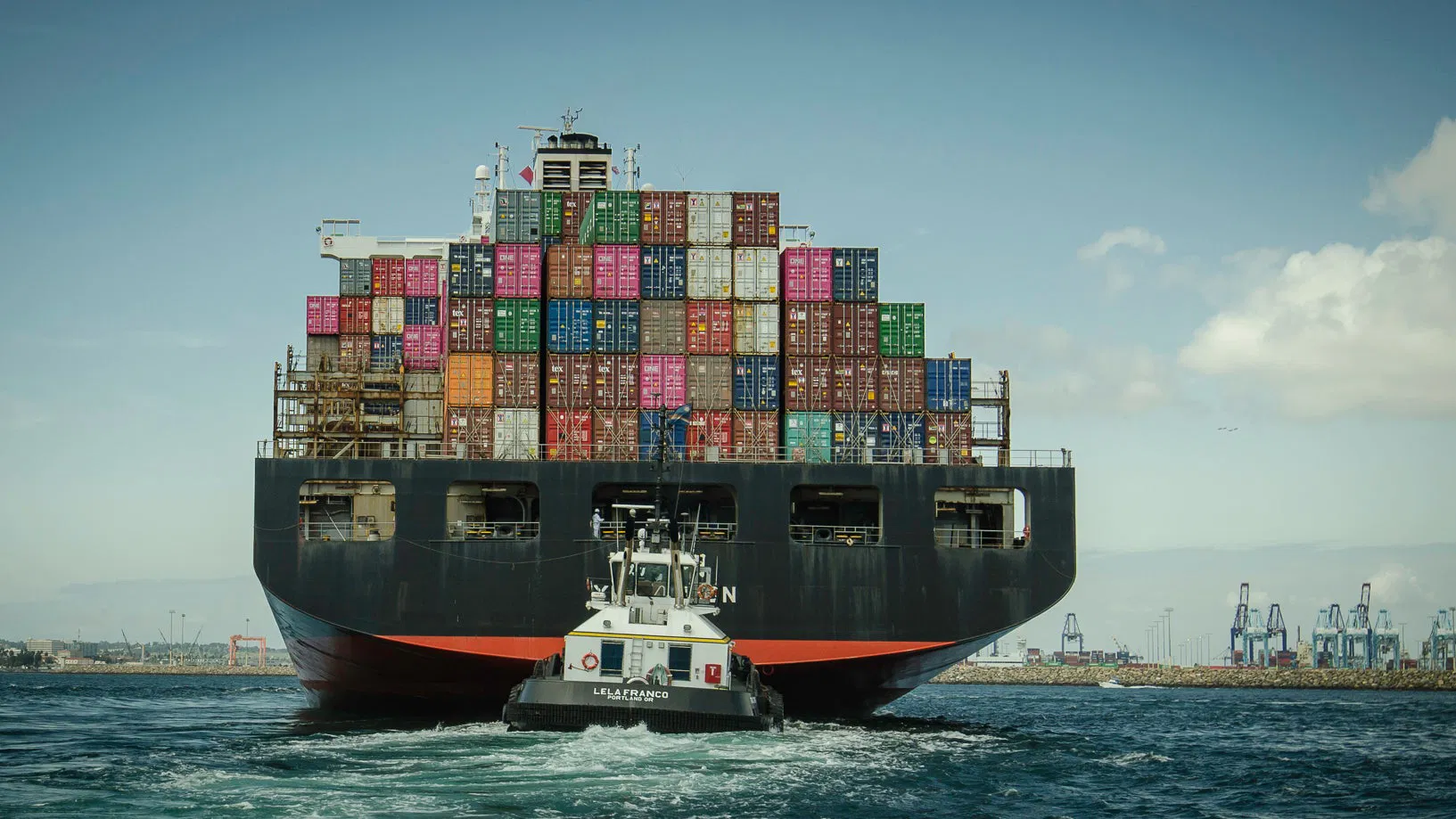
Activist and blogger Ahmed Abdul Khaleq was deported to Thailand by UAE authorities. (Reuters photo)
This is a translation of my column that appeared in O Globo on 10/08/2012:
Rasheed Abou-Alsamh
Most of the time in Brazil when I tell someone that I have lived in the Middle East for a long time, I almost always get the same reaction: “Oh, do you know Dubai? My dream is to visit this city!”
I am astonished at the enthusiasm with a city that only 25 years ago had only one skyscraper and was famous for its traditional boats called "dhows". But Dubai, one of seven emirates comprising the UAE, without the huge amounts of oil of its neighbor Abu Dhabi, which is the federal capital, had to become a center of commerce and international entrepreneurship to survive.
Today, the city has the world's tallest building, the Burj al-Khalifa tower, huge shopping malls with all the luxury brands, and an airline, Emirates, which was deservedly voted several times the best and most efficient airline in the world.
In the Arab world, Dubai has been a magnet for many professionals overwhelmed by social and religious restrictions in their home countries, attracted by the relative freedom to live their lives there as they see fit.
Dubai does not have the notorious religious police of Saudi Arabia to push the faithful to pray in mosques five times a day, or to check the papers of couples dining in restaurants to make sure that they are married to each other. In addition there is easy access to alcoholic beverages in bars and nightclubs for those who like to drink — something forbidden in Saudi Arabia.
But it is the issue of the lack of political participation of Emiratis where it gets ugly. The country is a federation of absolute monarchies. They decide amongst themselves who will be president and vice president of the country every five years. There is a legislature, the Federal National Council, with only 40 members from all the emirates, half appointed and half elected by a small group of only 130,000 voters of both sexes.
Until 2006, only 1,600 citizens could vote. Only 13 percent of the population of the UAE, of a total of just over eight million, are Emiratis. The rest are expatriates from other Arab countries, Asia, Africa, Europe and the Americas, there to work in the country. In contrast, in neighboring Saudi Arabia, municipal elections have been held nationwide since 2005, open to all adult Saudi men, without restriction. And last year, King Abdullah announced that Saudi women would be entitled to vote in upcoming municipal elections in 2015. For sure, Saudis do not have much political power, but at least there is no discrimination in deciding who will be eligible to vote.
These facts and the recent uprisings in several Arab countries have had a resonance in the few political activists in the UAE, who have asked their government for a greater voice in the future direction of the country. The demands, for a parliament with greater powers and the right of every Emirati citizen to be able to vote in elections, were not well received.
Since March of this year, 50 activists were arrested, with 35 of these in July alone. The authorities accused them, many of whom are Islamists, of trying to form a group abroad to overthrow the government of the UAE.
And we had the bizarre spectacle of the police chief of Dubai, Dahi Khalfan, get into a recent spat on Twitter with Sheikh Yusuf al-Qaradawi — an Egyptian religious leader who has lived in exile for years in Qatar, for being a member of the Muslim Brotherhood — about how he would never let supporters of the Brotherhood in the UAE achieve power or allowed space to grow.
The fate of the activist and blogger Ahmed Abdul Khaleq, who was born in the UAE and lived there all his life, but who is part of the "bidun" community — or those who have no Emirati citizenship — is one of the saddest. On July 16, he was deported to Bangkok, Thailand, using a passport of the Comoros Islands. "I never before traveled outside the country in my life," said the 35-year-old activist to the British newspaper "The Independent". "I do not know anyone there, I'll be a stranger in Thailand." The family scraped together some money so he would not starve.
The human rights groups, Human Rights Watch and Amnesty International, have asked the UAE government to release all the political detainees.
The reality is that Islamists have been the most active within the democratic movement, both in Saudi Arabia and the UAE. The reason is simple, because in the name of the religion, they have had more freedom to organize themselves into study and discussion groups. And, more importantly, they have been the most willing to confront the conservative monarchies to ask them to share more power.
The UAE, understandably, wants to safeguard its economic and social progress, however, arresting activists — who never asked to overthrow the current government — is not the way to do it. Giving all citizens the right to vote in elections, expanding the Parliament and giving it real powers, would all go a long way to satisfy the thirst of the people to having a real say in their future.
The ruler of Sharjah has promised that the prisoners will not be mistreated, and said that a good surprise awaits activists during Eid, the celebration marking the end of Ramadan, when the president usually pardons prisoners. Hopefully it will happen.












Comments
Leave a comment